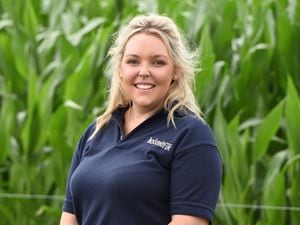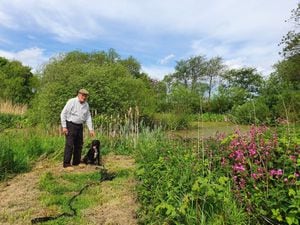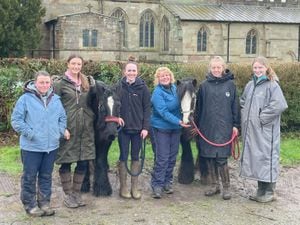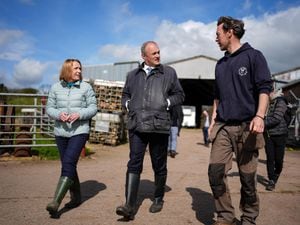Getting younger surveyors involved in sorting out rural disputes
The various forms of dispute resolution, especially arbitration, often get a bad press, especially in the rural sector where arbitration in particular is seen as risky, expensive and slow.
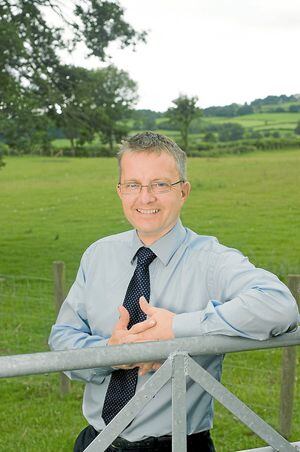
While some of these criticisms may be valid, a lot of work has been done over the last two or three years to change this.
There are currently about 25 rural arbitrators on the Royal Institution of Chartered Surveyors President’s panel, compared to about 80 a decade ago and 150, 20 years ago, and there is a need for more younger surveyors to get involved.
The RICS Dispute Resolution Service has worked hard over the last decade or so to raise the standards and training of rural arbitrators and in conjunction with Rural Arbrix, which is essentially a branch of main Arbrix and a networking/CPD “club” for arbitrators, a lot has changed.
The DRS has also set up a working party with the principal aim of raising and maintaining standards. The combined intention of these groups is to simplify, where appropriate, the arbitration process, reduce the costs and risks and make the whole process more accessible and user friendly.
As well as updating professional statements on matters such as acting as advocates or expert witnesses or conflicts of interest in dispute resolution, practical guidance on the nature and process of rural arbitration has also been written with input from the working group. All of these are available through the RICS.
Although there is a regulatory element to these documents, one of the main aims is to be informative and helpful about what is seen as best practice and to inform about the processes involved in arbitration.
It is also felt that, if rural arbitration is to become more readily seen as an appropriate way to deal with disputes, it is crucial to ensure that it is easily accessible to the average surveyor and not just the domain of lawyers and barristers.
If younger surveyors can be encouraged to participate, that in turn is likely to lead to rural arbitration becoming more cost effective and efficient.
Rural Arbrix also tries to play a significant role in demystifying the whole process by introducing those interested in rural arbitration to not only the process itself through CPD events held twice a year (spring conference and AGM), but also by introducing them to the arbitrators themselves, nearly all of whom attend either one or both events.
Anyone interested in learning more about rural arbitration can download the various professional statements and guidance notes relating to dispute resolution from the RICS at: www.rics.org/uk/upholding-professional-standards/sector-standards/dispute-resolution/
Philip Meade of Davis Meade Property Consultants' Oswestry office

